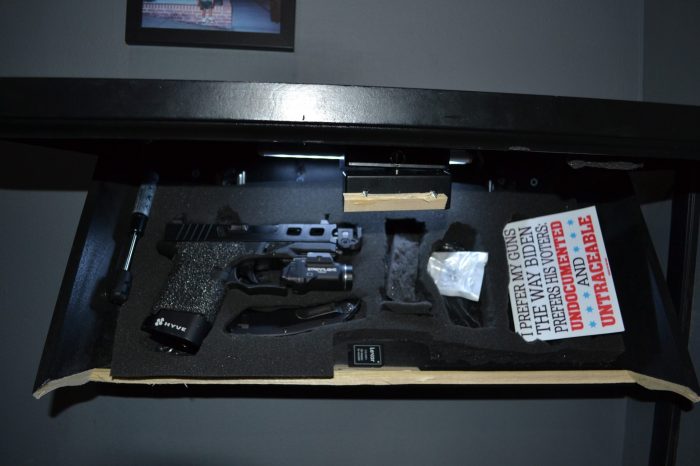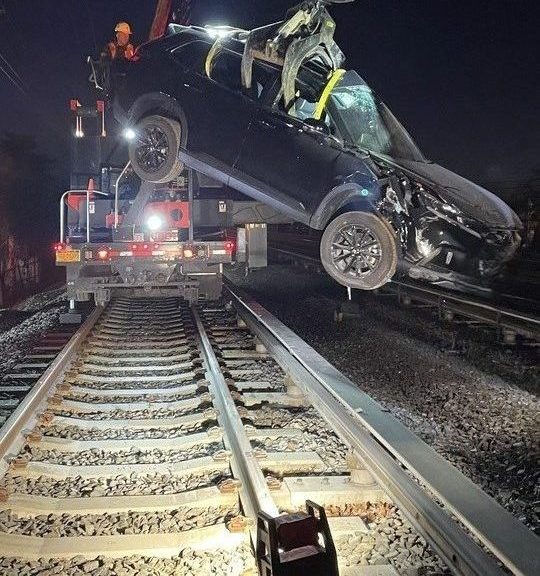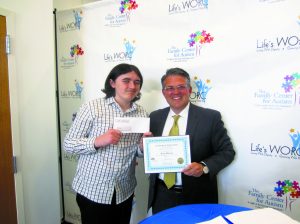
Ryan Harvey, a ninth grader at The Village School in Great Neck, was the first-place winner of an essay competition sponsored by Life’s WORC (www.lifesworc.org) and The Family Center for Autism (www.thefamilycenterfor
autism.org) in Garden City along with The Claire Friedlander Family Foundation in Huntington. The entrants included 148 high schoolers from public and private schools in Nassau, Suffolk and Queens who addressed the subject: Why Autistic and Developmentally Disabled People Become Targets of Bullies, and How My School and Community Can Prevent It. Harvey’s winning essay is a must-read that can teach us all valuable lessons.
My name is Ryan Harvey and I am 14 years old. I have a diagnosis of high-functioning autism. I also have a brother with severe autism. I have spent most of my life trying to fit in. I have always felt different and left out. When people made fun of me, I pretended to be okay with it, but it killed me inside, slowly but surely chipping away at my self-esteem. My appearance (an arachnoid cyst and hydrocephaly making my head appear larger), my lack of athletic ability (low muscle tone), my sensitivity (a side effect of my autism where I take things very literally) and lack of social awareness made me a prime target for many years. I have always been a protector and supporter of my brother, Luke, who does not speak and needs help in all aspects of his life. My heart hurts when I think of the suffering that he may be enduring but is unable to report because he is non-verbal.
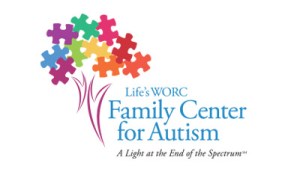
In ninth grade, I hit an all-time low. High school was a nightmare. People laughed at me, and mocked my physical appearance and diagnosis of autism. They called me a loser and told me I was weird because of my difference in interests. This made me feel hopeless and helpless. When my mom tried to help and report these incidents to the school, we were told that maybe I was being “too sensitive.” Their advice was to skip lunch period and go to study hall instead to avoid the bullies.
I was also told to avoid certain hallways so I would not come in contact with the bullies, making my life harder, and I would sometimes be late to class because of this. The victim was punished instead of the perpetrator.
Finally, when I was targeted on social media, I knew I could never go back. I became so desperate that I came up with a plan to end my pain. I was going to jump off the roof of the high school. Luckily, I shared this feeling with my family and private counselor. I was hospitalized for two weeks and ultimately transferred to an alternative school. I started feeling healthy again and, finally, like I mattered. The Village School changed my life.
My advice to my high school is to look at us as contributing members of the school system. We have so much to offer, but we need your help. When bullying is reported, it should be taken seriously and not disregarded. It is important that you let students know that you care about their well-being. Please let the bullies know that it is not okay to prey on those who are different. In the words of Temple Grandin, an adult autistic individual who is an advocate for the autism community, “we are different, not less.”
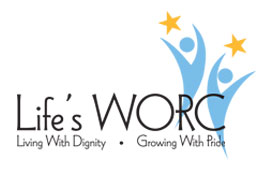 I believe that some type of social-emotional learning should be incorporated into the curriculum at schools. Empathy can be taught through the “second-step” program. Activities such as Challenge Day (a one-day workshop to promote acceptance and unite students) should be mandatory, and assemblies like Ryan’s Story (chillingly about a boy with the same name as me who committed suicide due to the bullying he endured in his school) should be shown. Students need to see what the effects of bullying looks like. Social-skills groups facilitated by the school social worker may be effective as well. All school staff should be well versed in and in compliance with the Dignity Act, as it is now a law that states that all students are entitled to a school environment that is free of harassment and bullying.
I believe that some type of social-emotional learning should be incorporated into the curriculum at schools. Empathy can be taught through the “second-step” program. Activities such as Challenge Day (a one-day workshop to promote acceptance and unite students) should be mandatory, and assemblies like Ryan’s Story (chillingly about a boy with the same name as me who committed suicide due to the bullying he endured in his school) should be shown. Students need to see what the effects of bullying looks like. Social-skills groups facilitated by the school social worker may be effective as well. All school staff should be well versed in and in compliance with the Dignity Act, as it is now a law that states that all students are entitled to a school environment that is free of harassment and bullying.
I know this will be an uphill battle as there are many bullies out there, but if given the chance, we just may change the world. I feel very fortunate to have gotten out of the path of my bullies, but so many of us do not—people like my brother, and maybe even people like you. We look for adults to look out for us. If they don’t, who will? Take the leap, make the change. I promise you won’t regret it.
—Ryan Harvey
A voice for those who cannot speak



